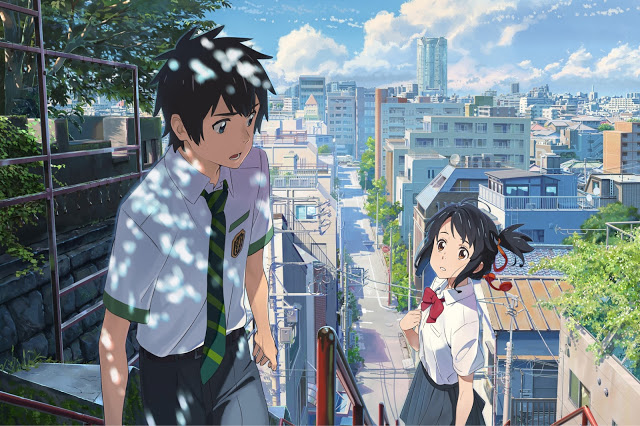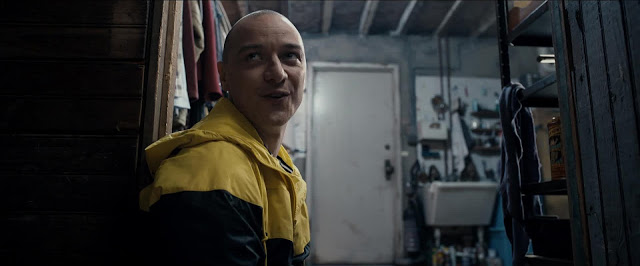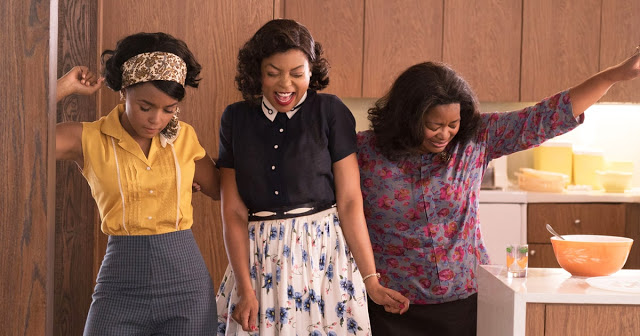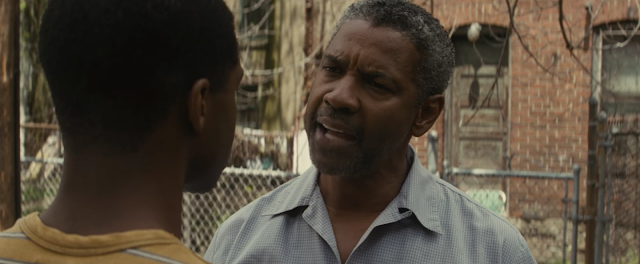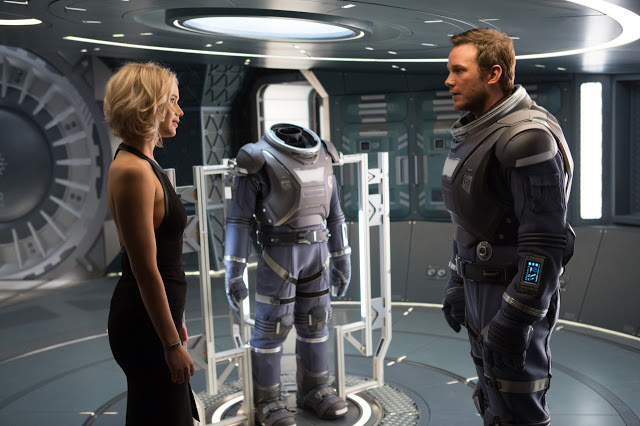Your Name.: Trading Places, and Finding Feelings
Part playful comedy, part wistful romance, part sci-fi mind-bender, Your Name. (yes, the period is part of the title) is a strange and beguiling experience. It’s a movie that nimbly hopscotches between tones and across genres, but it always demonstrates firm commitment to its characters. Visually, it’s a beaut, but the loveliest thing about it is its tenderness.
The ultimate intensity of Your Name.’s emotions sneaks up on you, given that the film initially scans as a poppy Japanese update on America’s cheesy ’80s comedies. Taki (voice of Ryûnosuke Kamiki), a high school student living in the clattering hub of Tokyo, is a typical teenage protagonist—comfortable with his male pals, awkward around his female crushes, and nursing a nagging worry that his existence lacks real meaning. The same is true of Mitsuha (Mone Kamishiraishi), a dreamer living in the country village of Itomori; she has a relatively peaceful life going to school and making traditional sake, but she longs for the bustle of the big city. Residing in decidedly different worlds, Taki and Mitsuha have no connection to one another, except for one little thing: Intermittently and inexplicably, their minds get swapped into one another’s bodies. Read More

